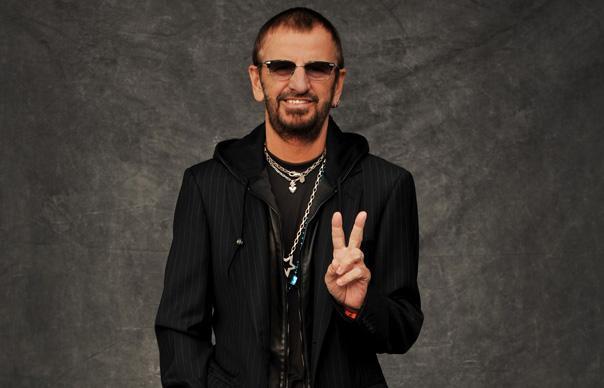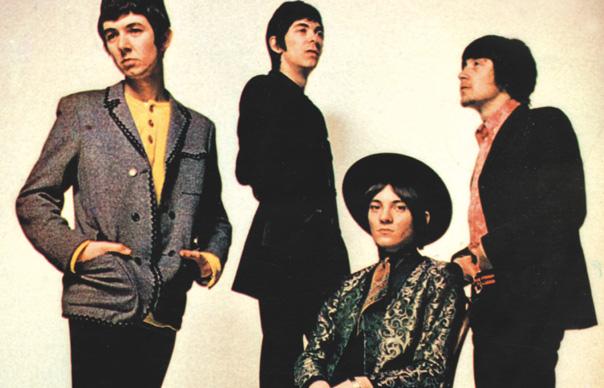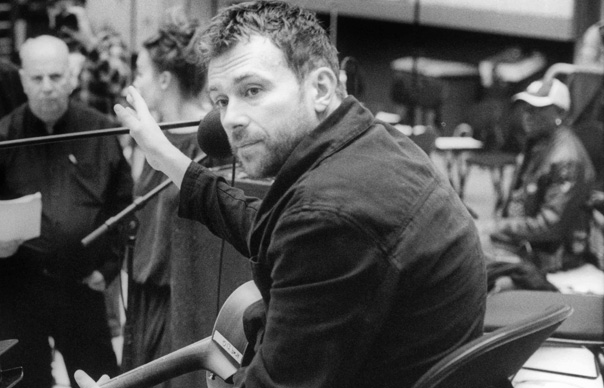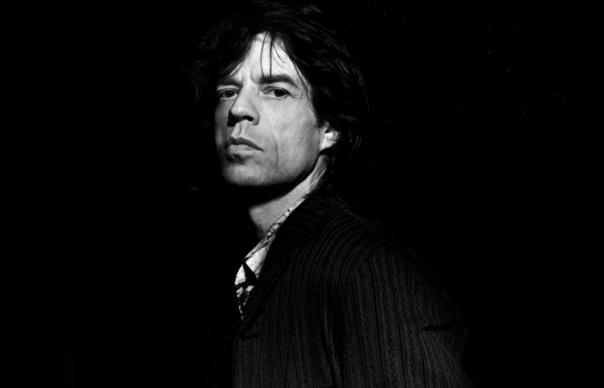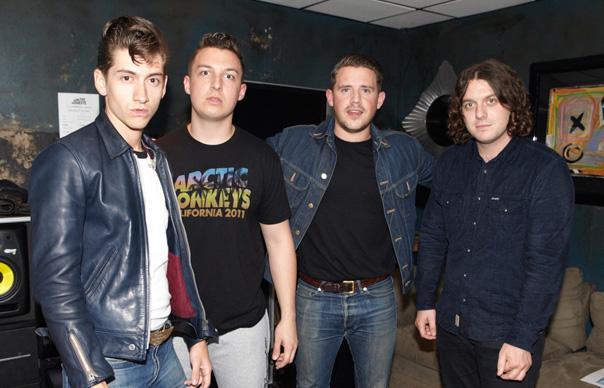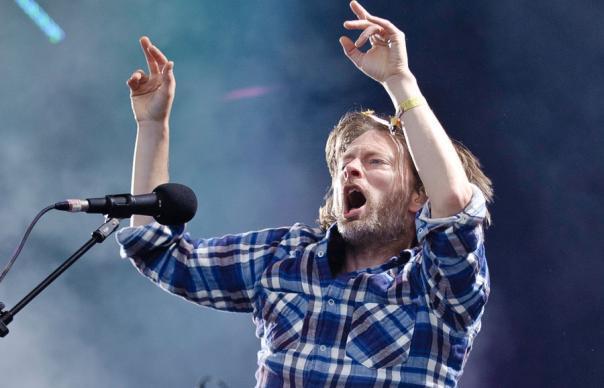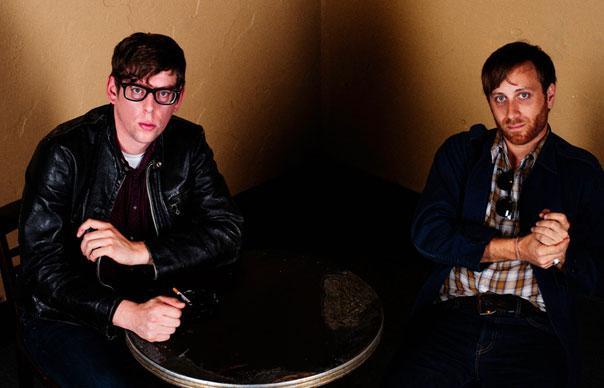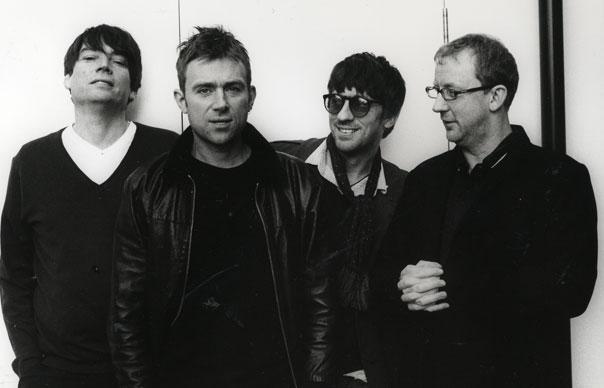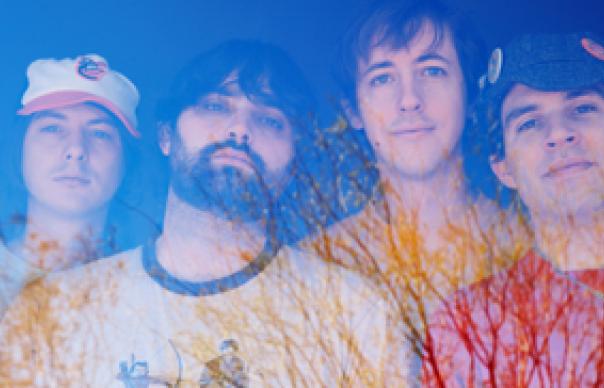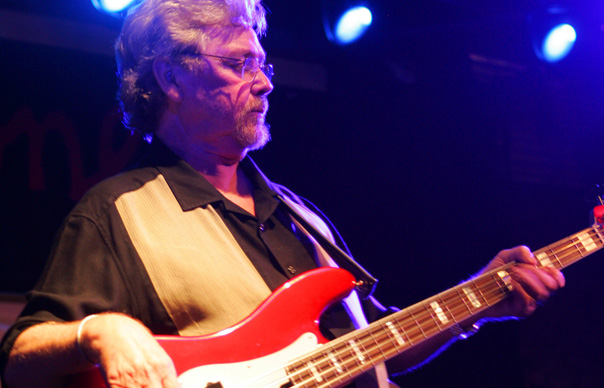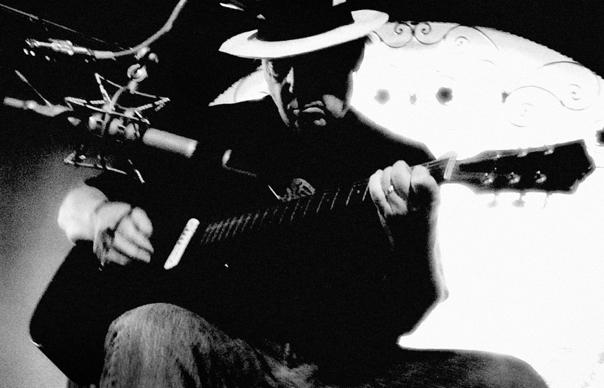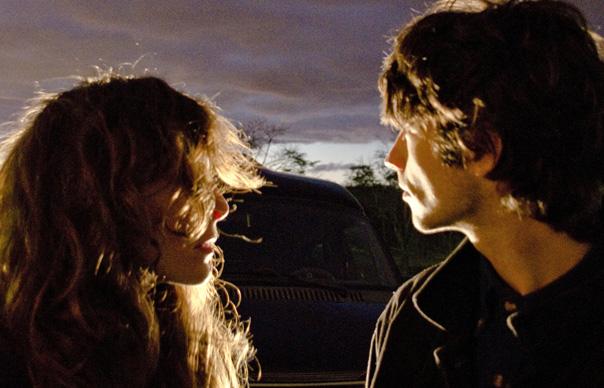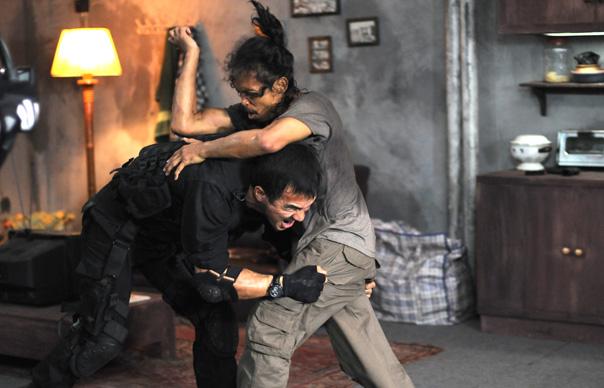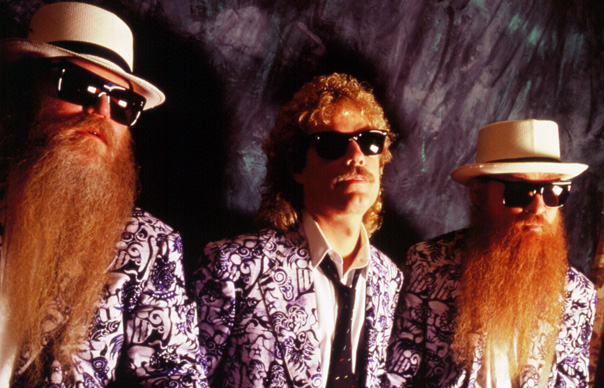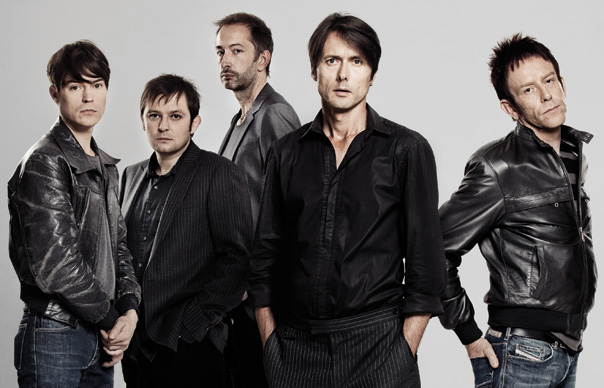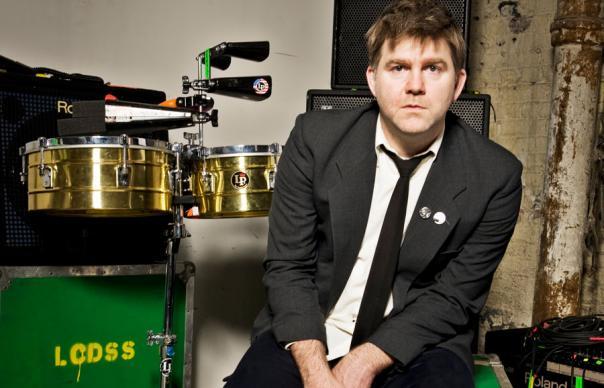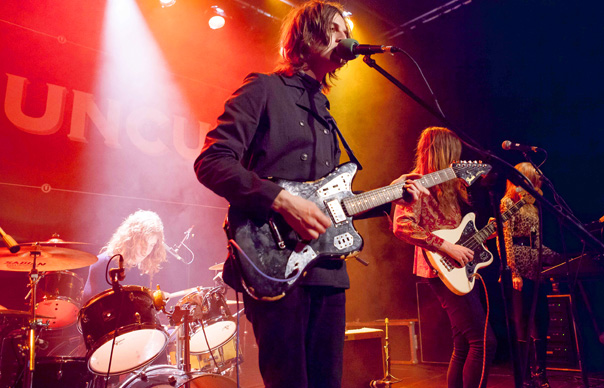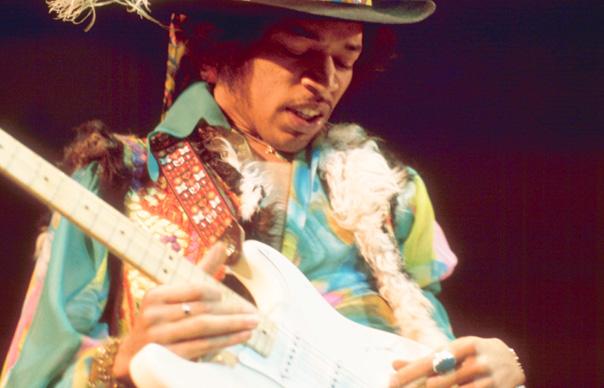For the current issue of Uncut, I interviewed Damon Albarn as part of my piece on his “Dr Dee” project (you can read it here). There wasn’t room for all of his answers in the mag, but today’s announcement of extra Blur dates prompted me to post the whole thing here.
Once again, I know there’s a lot of sneering and scepticism being targeted at this record, and I certainly didn’t expect to like it all. But I really do think it’s the most interesting thing Albarn’s done since “13”.
When you were doing interviews for Dr Dee around the Manchester Festival last year, you talked a lot about it being a work in progress, a work in flux. Does it feel like it’s been completed now that you’ve recorded it?
Erm, no, it’s going to change again for the English National Opera. I mean, I’m very much learning as I go, really, and making the transition – well, not a transition, because I’m not abandoning what I’ve done in the past – but making music that works with other people doing it. It’s very different to doing your own thing all the time. So I really feel like I’m in a constant state of flux with it. Some days I think I’m getting the hang of it, others I have no idea what I’m doing.
It strikes me that this project in one way feels more collaborative than anything you’ve done, but in another sense you’re more clearly in the spotlight, out of cover, than in some of your other more recent projects
Yes, that all kind of evolved because, when it came to do it, I’d been reading and thinking. When I finished the Gorillaz world tour I had to get my head into Renaissance England (laughs) and we had this eight week period in which we had to get it together and workshop the whole thing. And so I realised that, looking into the period, a lot of the ideas John Dee discussed and was very instrumental in developing were closely connected to a lot of the feelings that I had about England. And about history, and about religion. I’m definitely confused.
I’m not a believer in the strict sense of the word, but I did keep hearing this word ‘spirit’, and it was connected in a weird way to a more mythical England, right back to the Arthurian stuff, which has had its moments in contemporary rock history, in the ‘70s especially. That line between folk, memory and imagination, that really attracted me, and I realised in the eight weeks that I couldn’t finish it properly, but what I could do was write quite a bit of stuff coming from my heart about how I felt about these strange esoteric subjects; not necessarily nail them, but definitely get the emotion out. And it was a way of saying things that I could never really say in any other context.
Some of the coverage last year suggested parallels between Elizabethan England and now (especially “The Marvelous Dream”). It seems to be less about that, and more about drawing patterns and continuities through the long view of English history.
Absolutely, it’s what I know about it and how it makes me feel. It’s a tricky place to go, so the only way you can do it is instinctively.
But it’s quite methodical, pointing up recurrences with the 1953 coronation and Crowley samples. Crowley seems a very logical parallel as a part mystic/part charlatan character with Edward Kelley.
Yeah, exactly, but also the intonation in his voice and Crowley’s is very similar; that sort of otherworldly music that comes into ritual, and it’s the same in the coronation and the wedding and in the golden dawn and religion – it’s all really connected. I suppose what I found very interesting about undertaking this journey was that we’re unaware sometimes of how these things affect us.
It strikes me that even though your writing about England as far back as Modern Life was pretty complex – a lot more complex than a lot of people thought – it seems that on this record, even more than The Good, The Bad & The Queen, the ambiguities are unresolved. It’s quite emotional and the easy props of satire and irony are completely taken away.
I have to take off my irony shoes when I enter this world, really (laughs), it doesn’t really work like that, it doesn’t hit those kind of chords.
But we also get a greater sense of your attachment to England when we listen to this record, even though you’re singing in character.
Yeah, that’s why I put my name to it, really, because that’s how I feel. It’s not resolved and I’m still in the middle of whatever it is I’m trying to articulate. This is where it is now, and it will have developed in ten years’ time.
The critical line to me is “Give me something of a righteous revival”.
It’s interesting you pick that out, because I actually took that out of that song but it didn’t feel balanced, so I put it back in. I’m always really aware of diminishing ritual, and I think the older you get, with kids, you realise you can’t just sit them in front of the computer and tell them to get on with life, they’ve got to have a visceral emotional response to it, it’s part of being a parent, really.
My eldest is fascinated with history and kings, and it can be tricky to encourage that while saying ‘I don’t really believe in a monarchy’.
It’s a weird thing. I was talking to John Harris about this and we were having a laugh; what am I saying about the monarchy? I’m certainly not pro-monarchy, I’m definitely against the privileged system in this country. But it is part of our history and it does have a magic about it which is an emotional response. That’s part of being English.
The balance between a contemporary sound and medieval influences is very effective; the use of kora, and the way you draw on Renaissance music. I guess you were listening to a lot of Tallis, Byrd and Purcell?
Yeah predominantly, the stuff that I’ve always put on in private is early church music and plainsong, Hildegarde Von Bingen and stuff like that.
This is perilous terrain, for someone who’s mostly known as a rock musician, to start drawing on.
I realise that (laughs), it was the only frame that presented itself so I went for it
Having studied John Dee so assiduously, do you feel any kinship with him?
Erm, well he genuinely was a multi-disciplined polymath, whereas I’m just a musician, I can’t really stretch further than that, so not in that sense. I think the fact that he was prepared to imagine a world that wasn’t necessarily totally physical, I think being a musician you do feel an affinity with that, because what is music, it’s not really anything other than something that comes out of your imagination. I don’t walk around secretly in a skullcap and talk to angels.
Within the parameters of being a musician you’re more of a polymath than most; we only have to look at your activities this year with Rocket Juice And The Moon, Bobby Womack, Blur and this to show the range you’re moving across is far greater than most people’s expectations of a musician.
It all seems part of the same thing to me, really, I try not to be too self-conscious about it and just get on with it.
This work might still be in flux, but the record feels more anchored than something like Rocket Juice – a jamming record.
Well Rocket Juice is a jamming record. I mean I didn’t really want to put the song ‘Poison’ on there but Tony and Flea were really into it, because it was something that came out, but it was a complete anomaly really. It was essentially creating a platform for these amazing rhythms to air again really, and a chance for Tony to play with Flea was something that I was happy to facilitate. I just enjoyed literally jamming with them. It’s not a record for people who want songs and stuff, it’s a totally different direction than that.
“Apple Carts” and “The Marvelous Dream” feel like the closest you’ve written to Blur songs in a long time.
Yeah, at the end of the day that’s what I do, I just sort of muck about with my guitar or on the piano and write songs. The colour that’s put on them is really dependent on what I’m working on at the time. In essence it’s the same process always.
It’s strange that scoring them with a kora and a theorbo makes them sound more like Blur songs than scoringwith an analogue synth…
Yeah (laughs) I suppose it just goes to show it’s all very closely related. But the kora was easy really, because I wanted to put some sort of hint of the Arabic influence on Elizabethan England, and it was an instrument I was familiar with and it’s also extremely modal. The kora’s best key is D minor and most of Dr Dee is in D minor, in the key of Dee obviously. It’s good to have limitations I find, when you’re doing stuff, trying to make it all work within there. It gives things a stylistic coherence.
The sound of the kora has fantastic magical properties.
Among the griots of West Africa, if you’re a real master at it, like Toumani Diabaté – and Madou who’s his younger brother – it’s considered the instrument that God speaks through. I wouldn’t dispute that, ‘cos it’s just insanely beautiful. If God is going to have a sound, the kora is as good an instrument as any to voice it.
What’s next?
For the English National Opera I’m trying to give it a lot more narrative. Dr Dee is going to sing this time, so hopefully it’s going to be a much more finished thing. I’m aspiring to that, and I’ve written quite a lot of extra stuff that isn’t on the record but will be at the Coliseum.
Those dates are very close to the Blur shows.
Yeah it’s all quite close and I’ve got the Bobby Womack record, which I’ve got to do some gigs for in America. So it’s quite a strange dynamic over the summer, but I’m looking forward to it.
And anything else in the pipeline?
Well I’m trying to make a solo record really, but it’s proving at the moment difficult to get the time. Hopefully in September I can really get on with that in earnest.
Have you got a concept and a strategy for that, or are you just feeling your way?
A bit of one. I’ve written quite a lot of stuff for it and I’ve been back to Leytonstone and Colchester quite a bit, but I don’t know whether that’s a true representation of it. I mean, I spent a bit of time in Soweto last summer and I came back really wanting to explore that sort of electronic dancey sound, but I don’t know whether that’s going to happen (laughs). It changes, I’m very random, to be honest with you. I get very excited about stuff and then I explore it and unless it really feels right and I’m emotionally connected with it, I change direction.
You have the luxury of being able to park an idea in the studio and move onto something else.
Yeah that’s the nice thing. You can do a lot of stuff and then leave it, and then it somehow becomes relevant again later on.
Follow me on Twitter: www.twitter.com/JohnRMulvey


